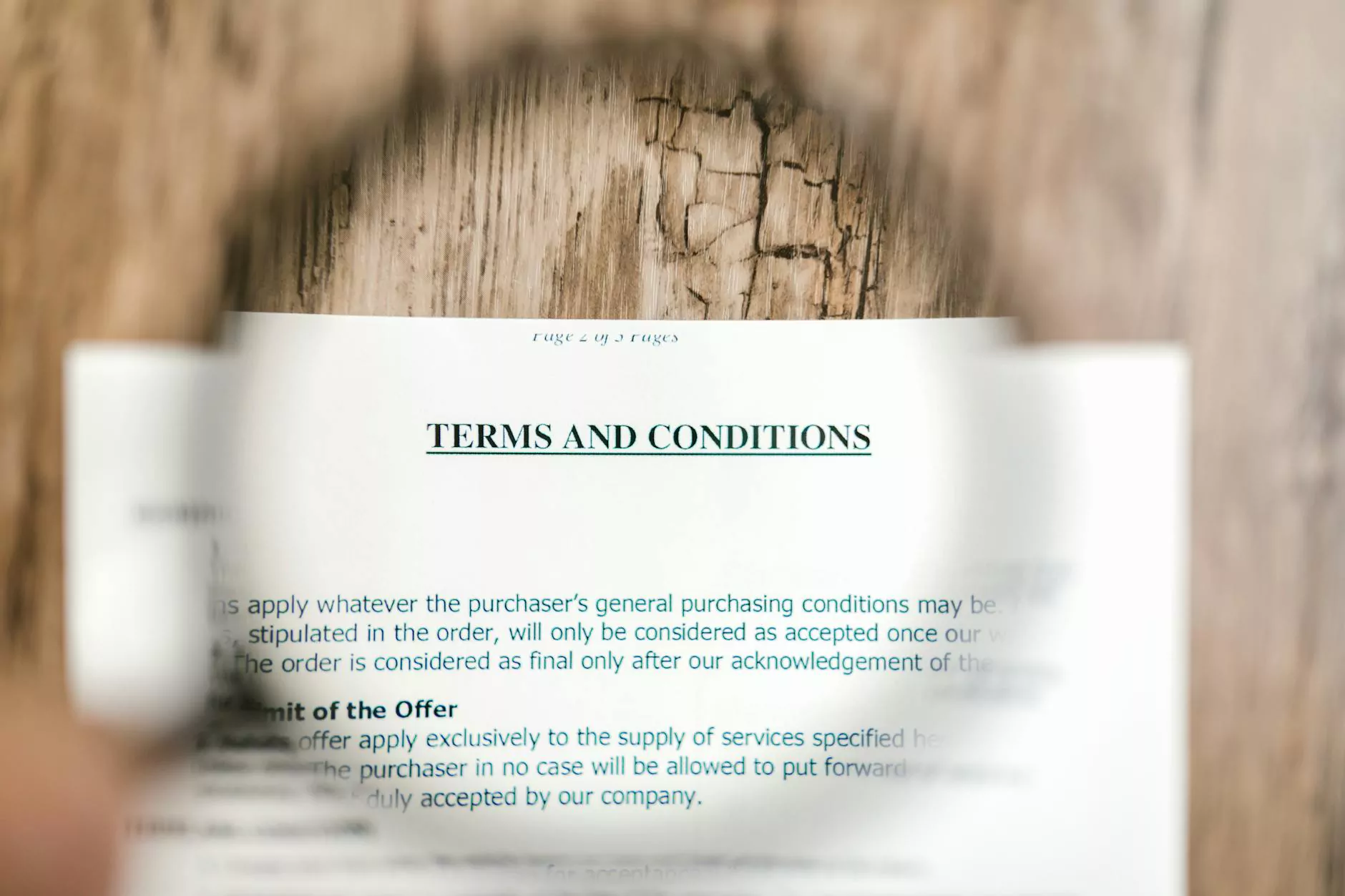Understanding Data Privacy Compliance for Your Business

The Growing Importance of Data Privacy
In today's digital age, data privacy compliance has become a critical concern for businesses of all sizes. With the increase in cyber threats and data breaches, understanding how to protect customer data is paramount. As a business owner, ensuring compliance not only protects your customers but also builds trust and enhances your brand's reputation.
What is Data Privacy Compliance?
Data privacy compliance refers to the processes that organizations must follow to ensure they collect, store, and manage personal data in accordance with legal standards and regulations. Compliance often revolves around legislation like the General Data Protection Regulation (GDPR) in Europe, the California Consumer Privacy Act (CCPA) in the United States, and numerous other national and international laws.
Key Regulations Impacting Data Privacy
- General Data Protection Regulation (GDPR): This regulation mandates strict data protection and privacy standards for individuals within the European Union (EU).
- California Consumer Privacy Act (CCPA): A state statute aimed at enhancing privacy rights and consumer protection for residents of California.
- Health Insurance Portability and Accountability Act (HIPAA): U.S. regulations concerning the privacy and security of health information.
- Personal Information Protection and Electronic Documents Act (PIPEDA): Canadian law relating to data privacy.
Why is Data Privacy Compliance Crucial for Your Business?
Implementing robust data privacy compliance strategies offers numerous benefits for businesses:
1. Building Trust with Customers
When customers know their data is handled with care and responsibility, it fosters trust and encourages loyalty. A strong reputation for privacy can differentiate your business in a competitive market.
2. Avoiding Legal Penalties
Non-compliance can result in substantial fines and legal repercussions. For instance, GDPR violations can attract fines up to €20 million or 4% of annual global turnover, whichever is higher. Prioritizing compliance helps mitigate this risk.
3. Enhancing Security Measures
Data privacy compliance necessitates the implementation of advanced security measures. As a result, your organization benefits from not just compliance but also robust defenses against cyber threats.
4. Better Data Management
Establishing a compliance framework encourages better data governance and management practices, leading to increased operational efficiency.
How to Achieve Data Privacy Compliance
Achieving data privacy compliance is a multifaceted process that requires ongoing commitment and continuous improvement. Here are key steps to guide your business towards compliance:
1. Conduct a Data Audit
Identify what personal data your business collects, how it is stored, and how it is shared. Understanding your data landscape is essential for compliance and risk management.
2. Implement a Privacy Policy
Create clear, transparent privacy policies that inform customers about how their data will be used, stored, and protected. This documentation is crucial for building trust.
3. Train Your Staff
Regularly educate employees on data privacy practices and regulations. Ensure they understand their responsibilities in maintaining compliance.
4. Invest in Technology
Utilize technology solutions that facilitate compliance, such as data encryption, access controls, and secure data storage solutions. Focus on IT services that can support your compliance efforts.
5. Monitor and Audit Regularly
Establish regular monitoring and auditing processes to ensure compliance measures are effective and up to date. This will help identify and rectify potential issues before they become significant problems.
The Role of IT Services in Data Privacy Compliance
For businesses seeking to enhance their data privacy compliance, partnering with IT service providers is invaluable. These professionals can guide organizations through the technical aspects of compliance, ensuring that data is stored and handled securely.
Choosing the Right IT Services & Computer Repair Provider
Select a provider that emphasizes data security and has a track record of helping organizations achieve compliance. Look for services that offer:
- Data Recovery Solutions: In the event of data loss, a reputable IT provider can recover sensitive information without compromising data integrity.
- Security Audits: Regular assessments of your systems to identify vulnerabilities and compliance gaps.
- Backup Services: Comprehensive backup strategies to ensure data is recoverable in case of a breach or technical failure.
- Consultation and Training: Providing staff training and consultation services focused on data privacy best practices.
Common Challenges in Data Privacy Compliance
Many organizations encounter several challenges when pursuing data privacy compliance:
1. Evolving Regulations
The regulatory landscape around data privacy is constantly evolving. Keeping up-to-date with changes can be challenging but is crucial for compliance.
2. Resource Limitations
Small to medium businesses may lack the resources or expertise to develop comprehensive compliance programs. Outsourcing compliance efforts can relieve this burden.
3. Balancing Business Needs and Compliance
Organizations must find a balance between business operations and compliance requirements, ensuring one does not compromise the other.
The Future of Data Privacy Compliance
As digital transformation continues, the landscape of data privacy compliance will evolve. Businesses must be proactive in adapting to these changes:
1. Increased Regulations
Expect more countries to adopt stringent data privacy laws, necessitating global compliance strategies.
2. Enhanced Consumer Awareness
Consumers are becoming more aware of their data rights and will demand greater transparency and control from businesses.
3. Advanced Technologies
Tech innovations like Artificial Intelligence and Blockchain may play a role in enhancing data security and compliance capabilities.
Conclusion
In summary, achieving and maintaining data privacy compliance is not just a regulatory obligation for businesses—it's a crucial aspect of safeguarding your brand, building customer trust, and ensuring operational efficiency. By investing in the right strategies and partnerships, such as engaging with specialized IT services, your business can not only comply with privacy regulations but also leverage these practices as a competitive advantage. Embrace the challenge of data privacy compliance and make it a cornerstone of your business operations.



